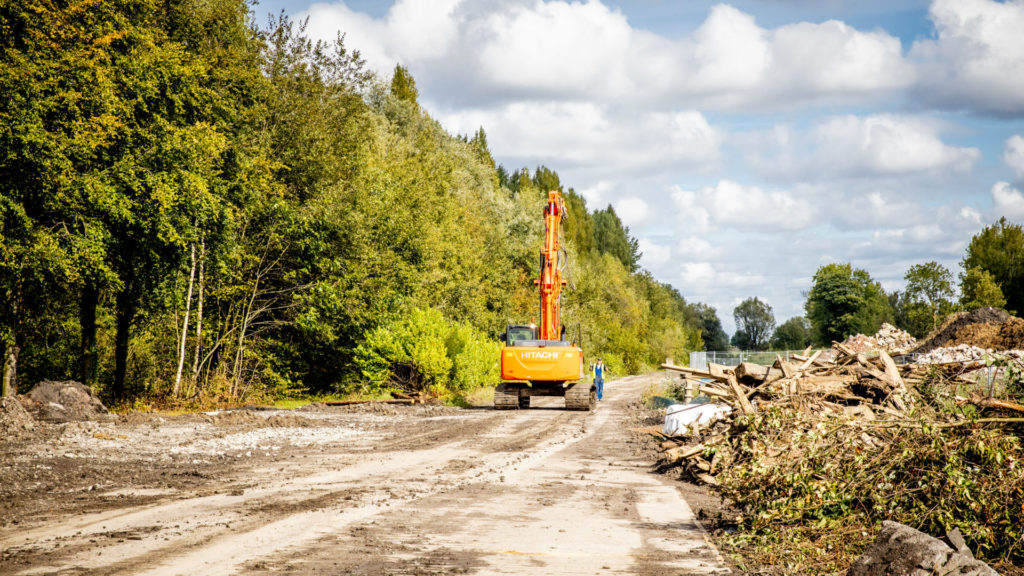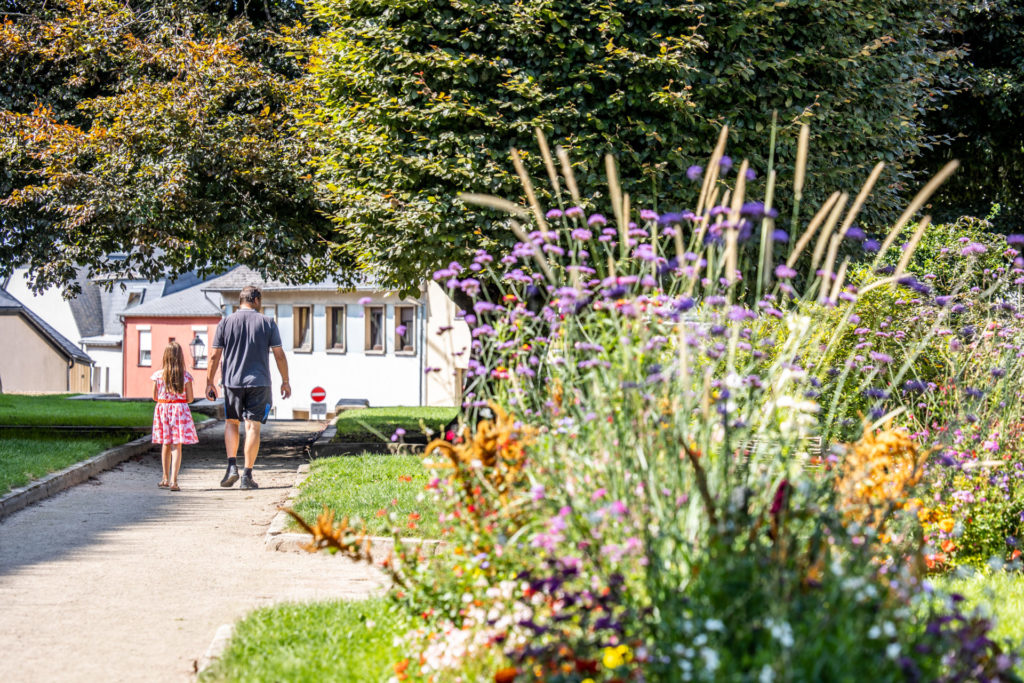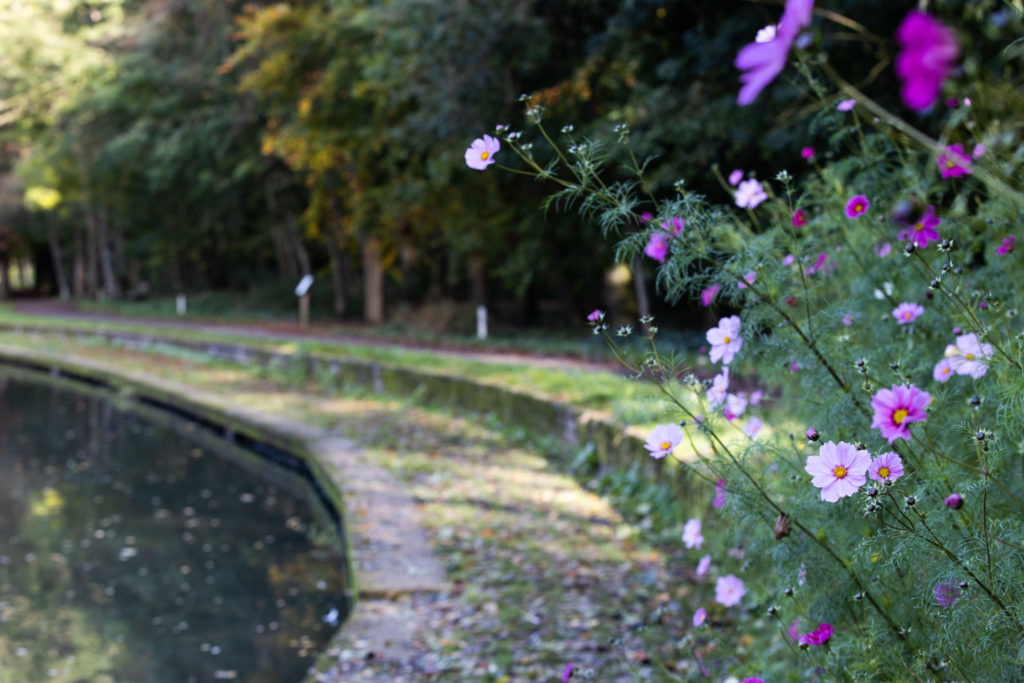
Over the past ten years, Equilis has established itself as a specialist in the rehabilitation of brownfields, particularly of industrial origin. By 2019, the developer had already transformed or had begun the process of rehabilitating more than 40 hectares in Belgium. Equilis transforms these sites into modern, sustainable, mixed-use neighbourhoods.
The conversion of industrial sites and brownfields is part of Equilis’ DNA. Thanks to its expertise and knowledge in this area, the developer has not hesitated to take on complex projects involving the cleanup and reinvention of brownfields. One of the first sites Equilis rehabilitated was Fabelta, a former textile and chemical factory that had been located in Tubize, Belgium, for a century. In just a few years, this three-hectare site near the city centre has become a new heart of the city with a dynamic commercial zone and many modern housing units.
From industrial site to sustainable neighbourhood

Equilis has always combined the rehabilitation of industrial areas with another of its areas of expertise: the development of mixed-use sites. This combination is indeed a winning one, resulting in projects that revitalize the area and serve the community. One example is the Papeteries de Genval, a former paper mill occupying seven hectares in the heart of the province of Walloon Brabant. Equilis has turned it into an urban district with 390 apartments, 15,000 m2 of shops and a 101-apartment serviced residence located near green areas, public transportation and the gateway to Brussels.
Another telling example is Court Village in Court-Saint-Étienne. This was also a former industrial zone of nine hectares, the Henricot steel factory, located in the centre of the municipality. The new neighbourhood will benefit from the proximity of schools, cultural activities, and transportation, while providing a daycare centre, new shops, and a total of 350 homes when the second phase is completed. Equilis is committed to making this project exemplary by having it meet the criteria for sustainable neighbourhoods defined by the Walloon Region. When the first homes were delivered in 2017, Court Village became the first sustainable neighbourhood in Walloon Brabant.
More projects in progress

Thanks to the number and scale of these projects, in 2019 Equilis Belgium had no less than 40 hectares of rehabilitated brownfields that had been rehabilitated or were in the process of rehabilitation. Some of these reconversions are in progress, such as the conversion of a former cable factory in Seneffe, which will become the Deux Écluses district. This semi-urban development on the edge of the canal has already attracted many residents and the 85 housing units of the first phase have all been acquired well before the end of the construction period! The project also includes a commercial area, which was the first to be developed because Seneffe had a real deficit of supply in this sector.
As these examples illustrate, the reconversion of industrial sites makes it possible to offer a new life and a future to places which were formerly centres of activity and then were deserted and became a burden for the communities. That’s the reason why other Equilis teams such as France or Poland are following Belgium’s lead. Equilis France, with its project La Canopée (Sofia Antipolis) that will combine thousands of square metres of offices, housing and green spaces on a wasteland where housing and a hotel were originally planned. Equilis Poland, in Warsaw, in the Ursus district, a place with rich tradition, where 1500 housing units and some retail spaces will be constructed on the site of a former tractor factory.
These rehabilitation projects are often long and complex, but for Equilis, the many positive impacts on the region justify these efforts.
